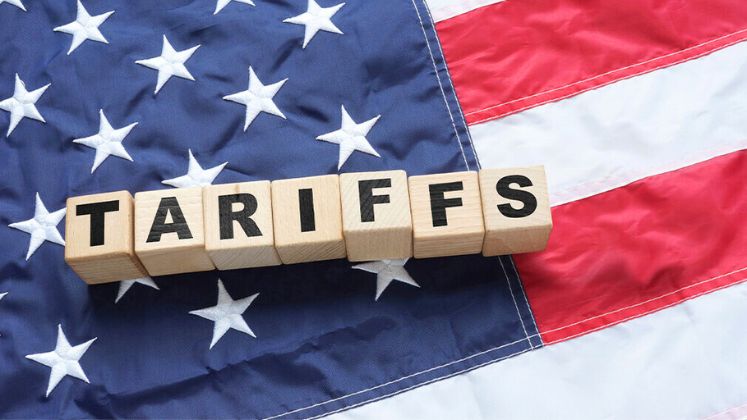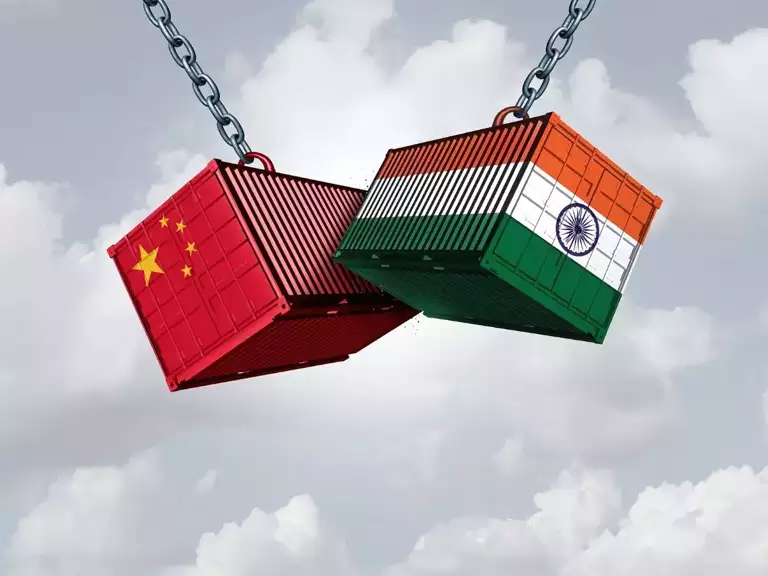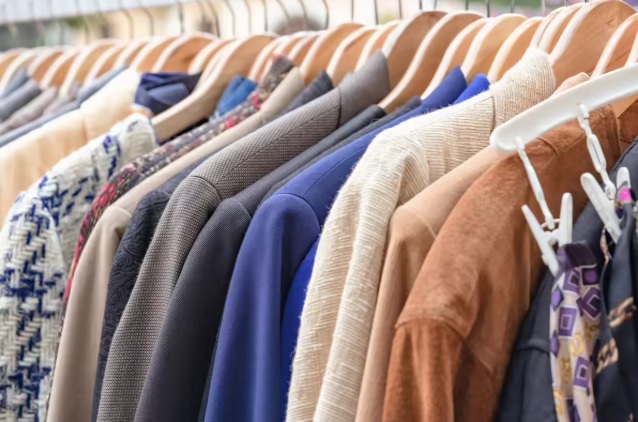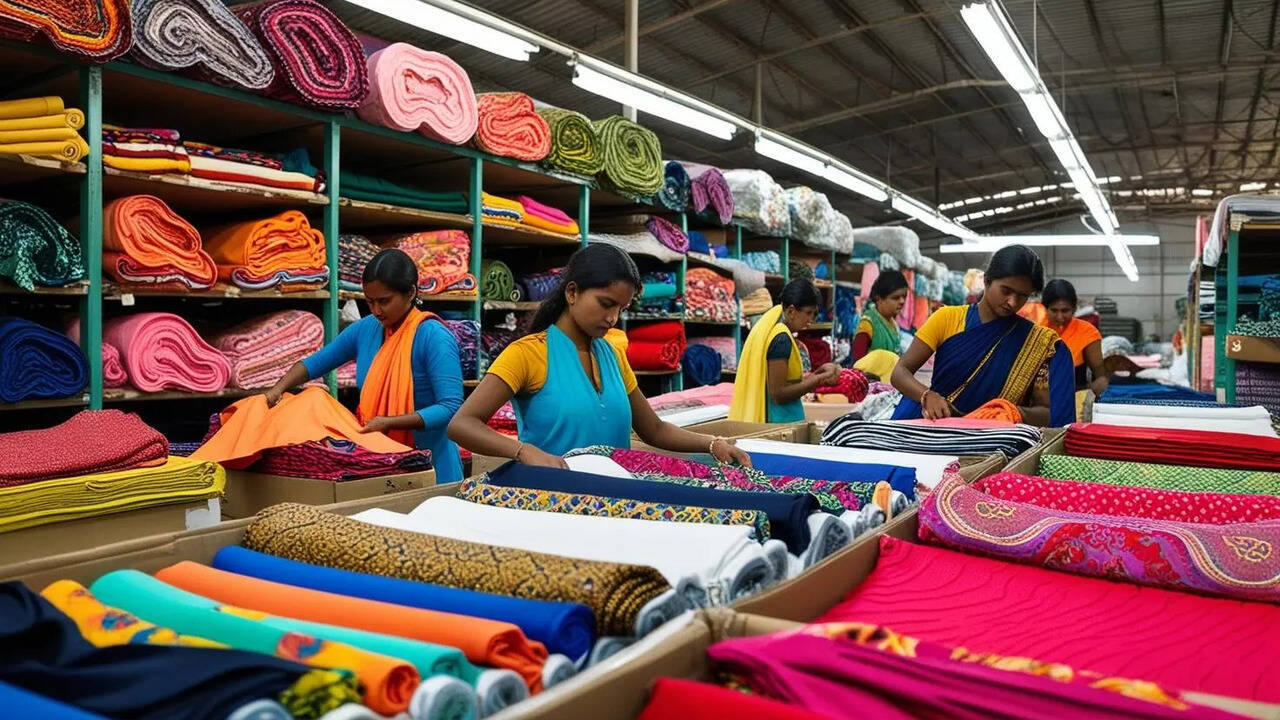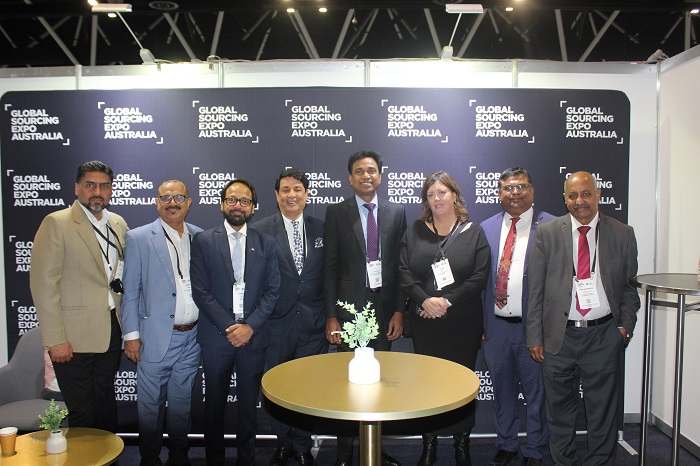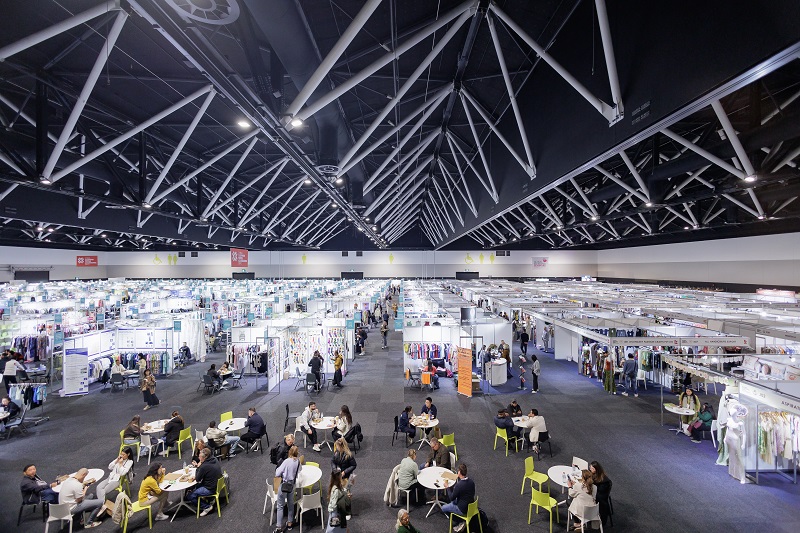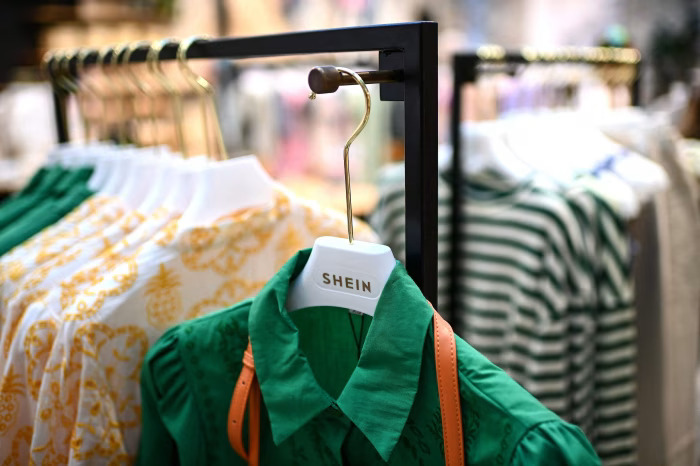Egypt will no longer subsidise cotton farmers. Reason: many Egyptian spinning factories have stopped buying Egyptian cotton. Local and international manufacturers have abandoned Egyptian long staple cotton as new technology enables them to extract large quantities of yarn from short-staple varieties as well.
Farmers who still want to grow cotton, particularly the long staple variety, will be on their own when it comes to finding buyers. Many farmers have turned to more lucrative crops and local textile firms have shifted their focus to creating low quality products with cheap raw cotton imports. Removing subsidies effectively means the end of Egyptian cotton. Market prices of cotton are currently low; without the subsidy, farmers will not be able to sustain the cost of planting cotton.
Cutting cotton subsidies is the latest measure taken by the government to reduce public expenses. Egypt’s long staple cotton, the finest in the world, is used in high quality clothing for its softness and strength. Cotton is cultivated on four per cent of the country’s arable land.
Egypt exported $83.8 million worth of raw cotton in 2013-14, down from $120.3 million the year before. Imports of raw cotton, however, grew to $117.8 million in the same year, up from $51.3 million.
Egypt halts subsidies for cotton farming
- 1
- 2
- 3
- 4
- 5
- 6
- 7
- 8
- 9
- 10
The Invisible Stitch: Exposing the truth behind fashion’s most misleading label
In the glittering world of fashion, where storytelling is everything, the small but powerful ‘Made in...’ tag is often the... Read more
Tariff Tides Turn Again: The billion-dollar comeback of 'submarining' in US appa…
In the world of global trade, few terms have the covert glamour and historical baggage of ‘submarining’. Once a relic... Read more
China Plus One: Is India ready to complement, not replace, the global apparel gi…
The global supply chain, once heavily concentrated in China, is undergoing a profound re-evaluation. Geopolitical shifts and recent disruptions have... Read more
Garment imports reveal a tale of two strategies, EU builds, US diversifies
A recent analysis of global garment import trends from 2013 to 2024 reveals a divergence in strategies and market dynamics... Read more
India tightens fabric import rules from Bangladesh is it trade protection or ten…
India has moved decisively to restrict fabric imports from Bangladesh, enforcing a port-only policy that bars overland entry of key... Read more
US-Vietnam trade deal reshapes global fashion sourcing, a wake-up call for India
In what’s being described as a high-stakes recalibration of global trade, a newly signed trade agreement between the US and... Read more
Trust over trends is how fashion e-commerce is being redefined in Europe
The digital racks of fashion e-commerce are changing as a new report by BoF Insights ‘The New Era of Fashion... Read more
Global Sourcing Expo Insights: India to reshape Australia's sourcing landscape
The recently concluded Global Sourcing Expo Australia (June 17-19) in Sydney served as a vibrant testament to a significant shift... Read more
Global Sourcing Expo: Australia's premier sourcing hub expands reach and vision
The Global Sourcing Expo, a pivotal event connecting global suppliers with Australian trade buyers, continues to solidify its position as... Read more
Is Shein's green push just for show? New report raises doubts
Global fast-fashion behemoth Shein released its extensive 2024 Sustainability and Social Impact Report in June, a document exceeding 100 pages.... Read more


